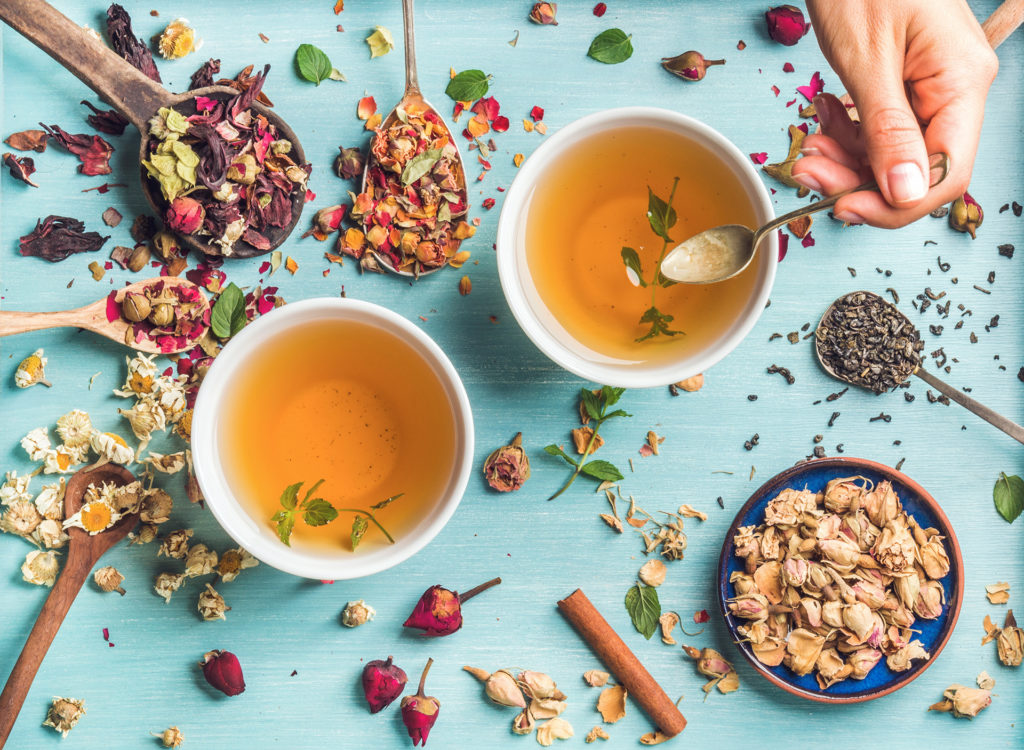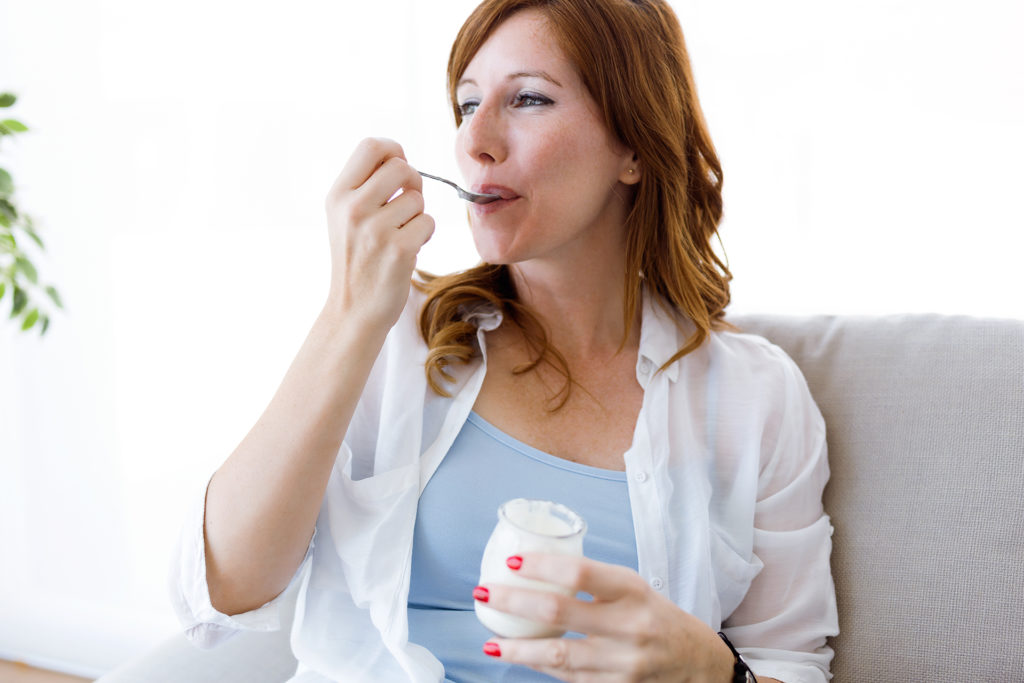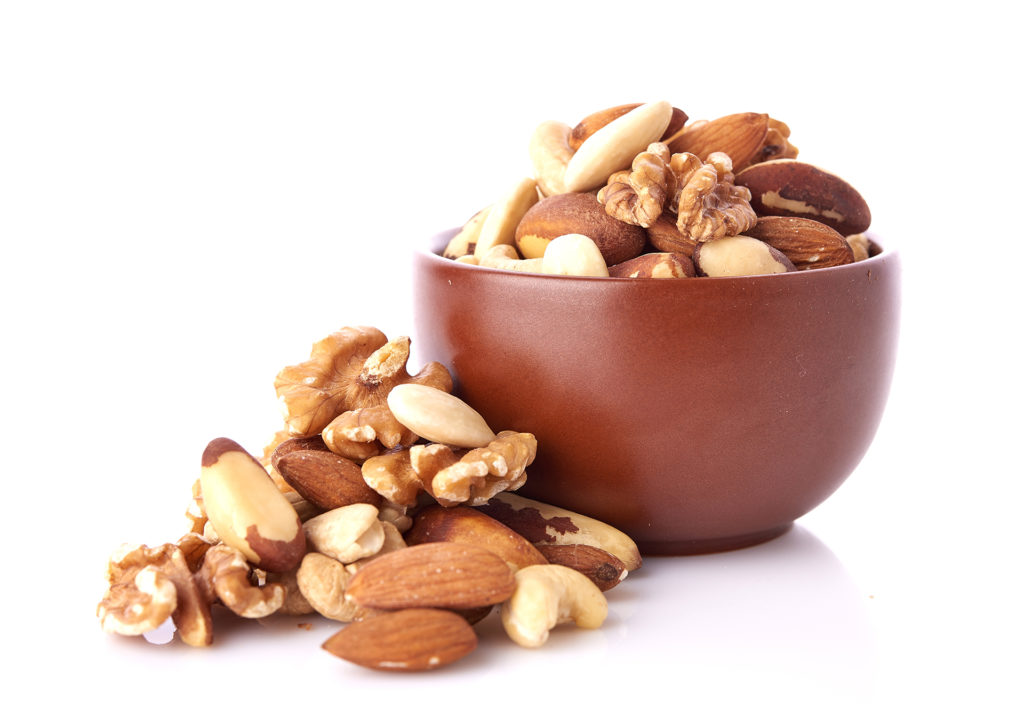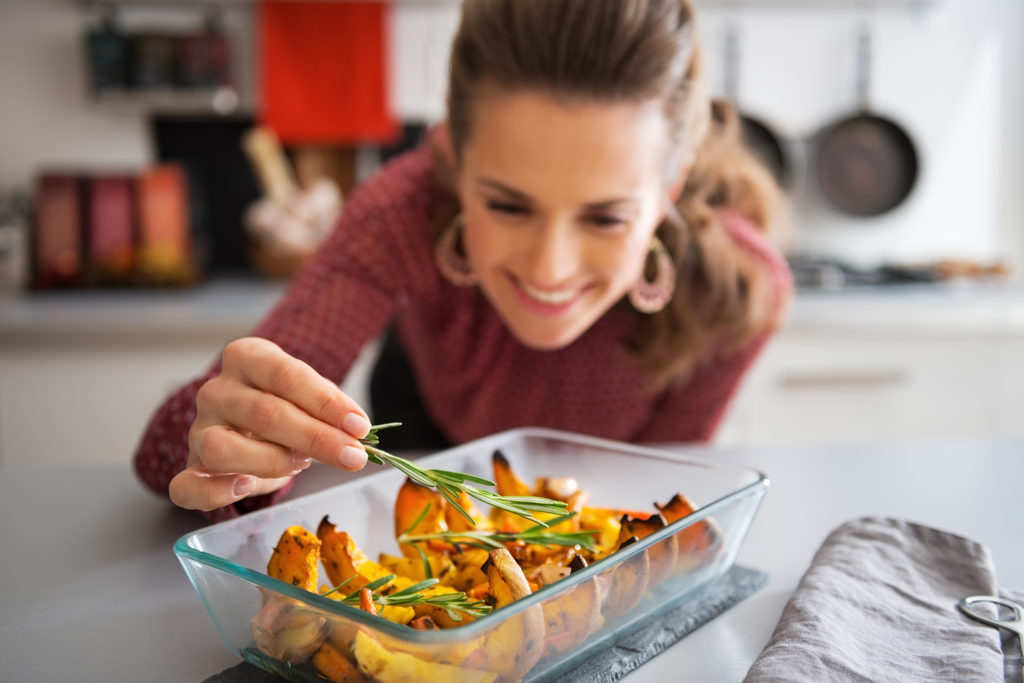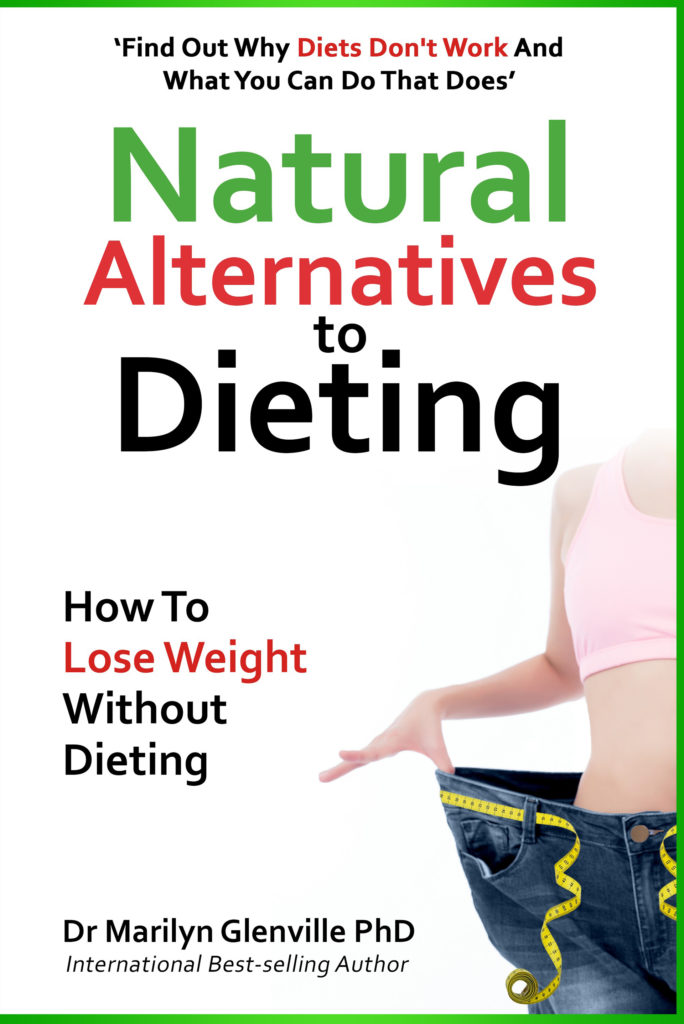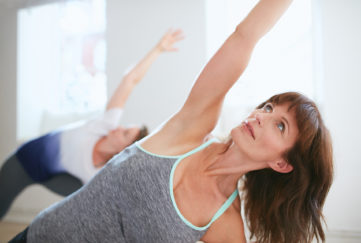How To Lose Weight Without Dieting!
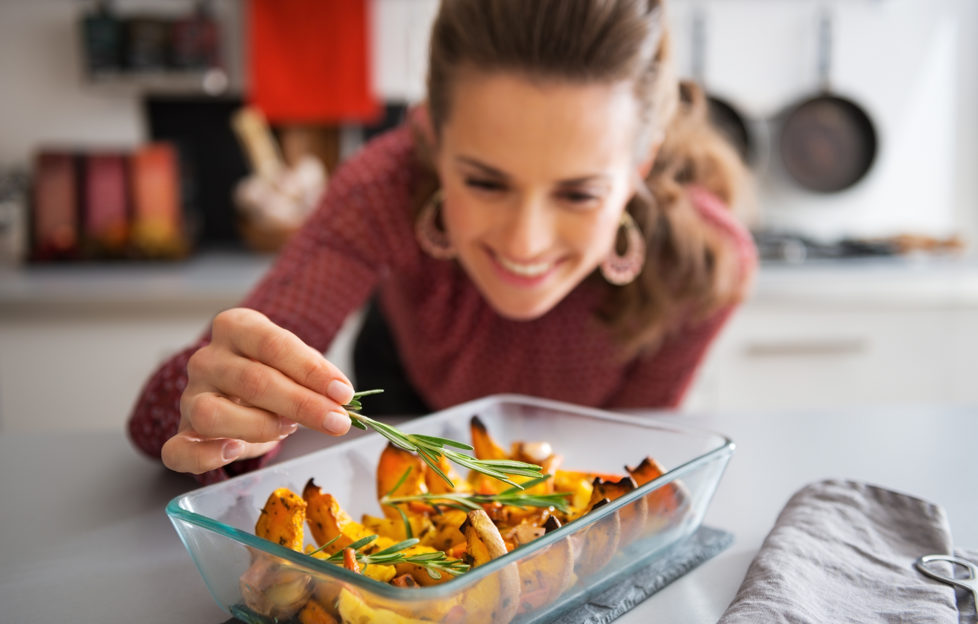
By Dr Marilyn Glenville, the UK’s leading nutritionist.
“When you diet it’s not always easy to know when to stop. Dieting can easily become a way of life and it’s possible to feel ‘naked’ or ‘unprotected’ when you aren’t actively on a diet. Unfortunately, this mind-set can make you set unrealistic goals. Aiming to shed every last pound of what you consider excess fat makes the hurdle simply too high to jump, not just in terms of will power but in health terms, too. Remember those ‘perfect’ models? Don’t even think about trying to emulate them. Very few women are naturally extremely skinny and, for most of us, aiming for tiny dress sizes isn’t just impossibly hard, it’s a recipe for misery and lack of health.”
1 Become aware of habit eating
It is very easy to get into habits such as eating while driving or eating while watching TV or at the cinema. These can become so ingrained that you end up always associating food with specific activities. Eating while busily doing something else is a dangerous combination because you become unaware of the quantities you are eating. Separate out eating from other activities. Become very aware when you eat and eat mindfully, keeping your entire focus on your food. Break the association of this unconscious eating. At first it may feel difficult, particularly if you’re used to snacking in the evening while watching TV. Try doing something to occupy your hands, such as sewing, knitting, even painting your nails.
2 Avoid addictive drinks
Alcohol, tea, coffee and colas (either diet or regular) are socially acceptable drugs and they have either a depressant or a stimulant effect. Because they are part of everyday life we tend to forget their addictive properties. When we are younger, we are adaptable, flexible and able to eliminate toxins with ease. As we get older our bodies have less tolerance and the effects accumulate. Behaviour we could get away with as teenagers unfortunately catches up with us as we move into our 30s, 40s and beyond. As our bodies become less efficient we end up storing too much of what we don’t actually need.
As with all drugs there can be quite dramatic withdrawal symptoms if you stop drinking caffeine too suddenly. These include:
• Headaches
• Nausea
• Tiredness
• Depression
• Muscle pains
• Flu-like symptoms
If you decide to cut caffeine from your daily routine, minimise these possible side effects by cutting down slowly over a period of a few weeks. Gradually substitute some of your usual caffeinated drinks for more healthy alternatives such as herbal teas, turmeric lattes and grain coffee (made with chicory). Do read the ingredients on these alternatives as some can contain added sugar.
3 Reduce your intake of dairy products
Dairy products such as cheese, milk and cream should be used sparingly as they contain the protein casein. Casein is 300 times higher in cow’s milk than it is in human milk so many people find that dairy products can be hard to digest. Dairy products also contain lactose (milk sugar) and before this can be absorbed into the bloodstream from your gut it has to be broken down by the enzyme lactase into two other sugars, glucose and galactose. If you don’t have enough lactase in your body then the lactose remains undigested in the gut and ferments, giving symptoms such as diarrhoea, abdominal pain, gas and bloating. If you do wish to include dairy in your eating plan then choose organic plain live yogurt. This contains beneficial bacteria, which are the natural inhabitants of your digestive system. Beware of fruit yogurts though as these can contain up to eight teaspoons of added sugar.
4 Increase your natural fibre intake
Fibre in its natural form is helpful in balancing blood sugar levels, but it is mainly known for its action on the bowel and the beneficial effect it has on problems like constipation. Soluble fibre is found in oats, nuts, seeds, beans and some fruits and vegetables. It attracts water and slows down your digestion. Insoluble fibre is found in whole grains. It makes the stool more bulky to help food pass more efficiently through the digestive tract. Fibre binds to water and increases the bulk of your stools, so that they are easier to eliminate from your body. It also prevents putrefaction of food, which can result if foods stay in your bowel too long. Putrefying food will ferment, causing a build-up of gas, leading to problems like bloating and flatulence. Fibre also increases your feeling of fullness and removes toxins from your body. By filling you up it helps you to feel more satisfied with what you have eaten and lessens the tendency to overeat.
5 There’s no need to skimp on flavour
Choose from ginger, garlic, fresh and dried herbs – spices like cinnamon, turmeric, pepper and chill, lemon juice, sea salt, miso and mustard. Arrowroot or kuzu are good for thickening gravies and sauces. You can find tomato ketchup without sugar and also no-added sugar mayonnaise and salad dressings. Or make your own. Soy or soya sauce is not just for Chinese food – this is good on rice, in vegetable stir-fries and in salad dressings and sauces. Choose organic where possible and avoid those containing monosodium glutamate. If you are avoiding wheat then buy tamari, which is a wheat- and gluten-free, soya sauce.
You can read more of Marilyn’s tips in her book Natural Alternatives to Dieting, £9.77, available at Amazon.


